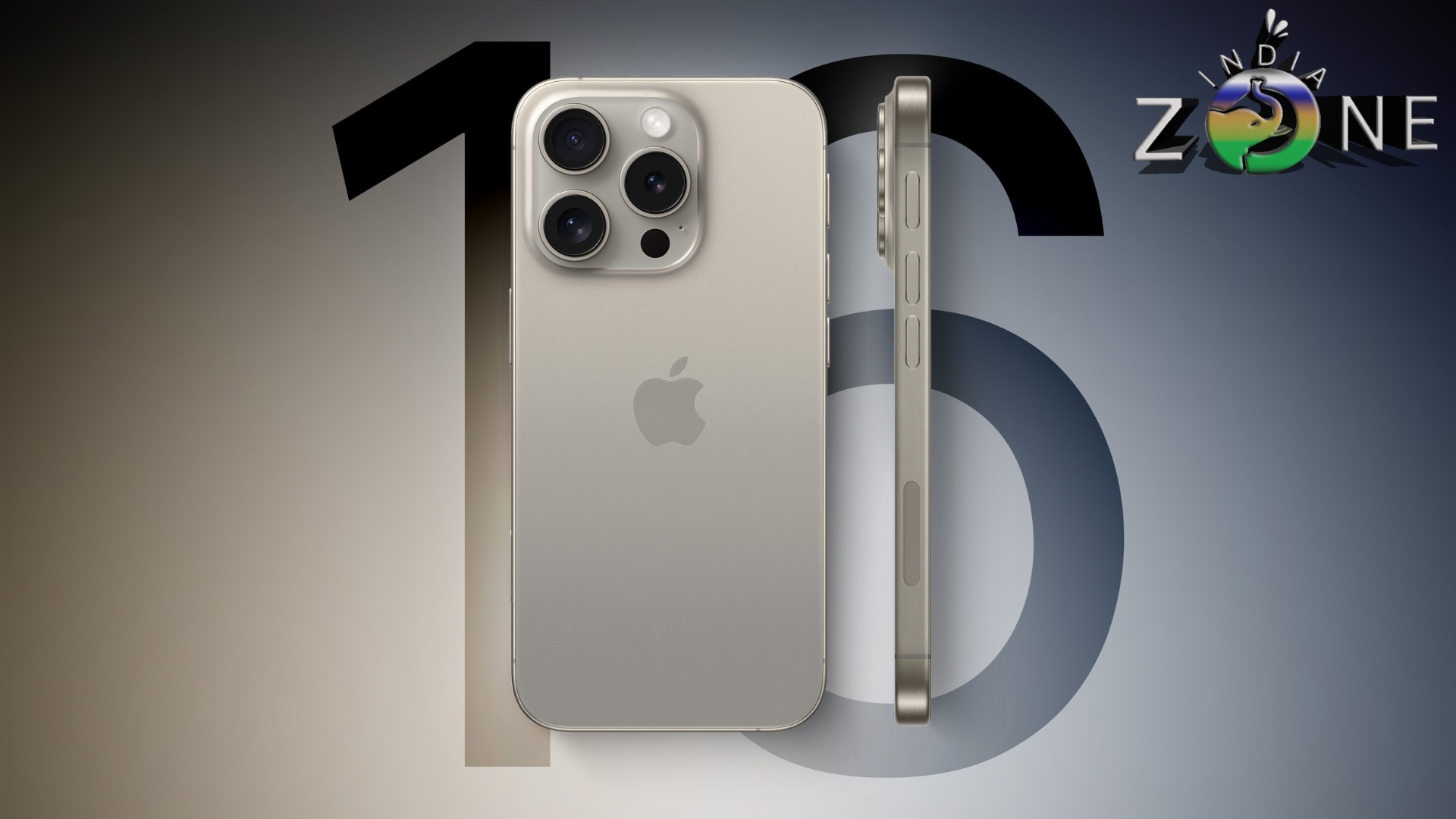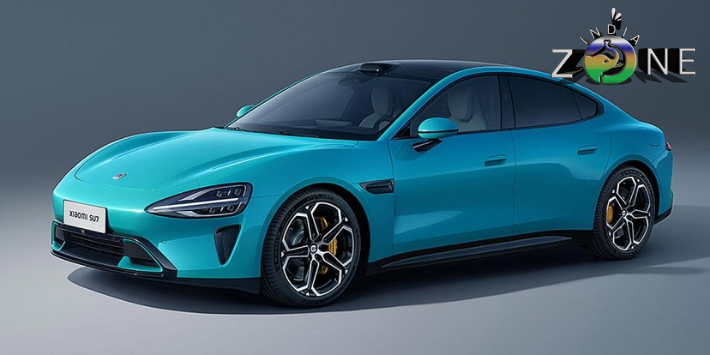
To sum up,
- Recently, Nvidia unveiled new AI chips.
- CEO Jensen Huang highlighted the rise of a robotic future in a keynote speech at the GTC conference in San Jose, California.
When it comes to AI, Nvidia has been in the forefront. The tech giant has introduced new AI chips that will contribute to its dominance in the AI industry. Its GPUs have been used to construct tools like OpenAI’s ChatGPT. Nvidia CEO Jensen Huang stated at the event that robots would rule the future and that we will witness a greater number of them in the years to come. The CEO of Nvidia has already spoken on the bright future of robotics and artificial intelligence. He recently stated that AI could do exceptionally well on a number of exams administered by the computer science sector within the next five years.
Nvidia unveils new AI chips
Nvidia unveiled Blackwell, a new generation of its AI chips, according to a report from Bloomberg. In San Jose, California, during the GTC conference, the Blackwell CPU design was shown. The chips are expected to significantly increase processing speed for activities involving inference and training. With 208 billion transistors, the Blackwell chips will be used in future goods and computers for large data center operators such as Microsoft, Google, Amazon, and Oracle.
Furthermore, the GB200, the first Blackwell chip, is scheduled for availability later this year. Additionally, Nvidia enticed users to upgrade by providing stronger chips. The report also notes that obtaining the latest “Hopper” H100s and related chips continues to be a challenge for many software developers and organizations. But in the course of the during a conference, Nvidia CEO Jensen Huang stated, “Hopper is great, but we require bigger ones.”
The research also disclosed that the new chip architecture necessitates novel ways for seamless operation and poses manufacturing issues because of its large number of transistors. Taiwan Semiconductor Manufacturing Co., Nvidia’s manufacturing partner, will therefore employ its 4NP process in production.
Blackwell, the next generation in Nvidia’s “superchip” family, will also improve AI data processing capabilities and communication with other processors. Users will be able to choose networking chips that use Ethernet or InfiniBand, two proprietary protocols, and connect Blackwell with Nvidia’s Grace central processing unit. Additionally, Nvidia intends to include the new technology into its HGX server workstations.
Originating as a provider of graphics cards popular amongst gamers, Nvidia’s technology has been successful in various fields due to its ability to handle complex tasks in parallel. Blackwell aims to extend its reach beyond simple AI tasks, such as speech recognition, to more complex applications like generating three-dimensional videos.
According to Nvidia CEO Jensen Huang, robots will rule the future.
Huang, while delivering his keynote, said that AI is the “driving force” as the economy goes through a change and the new Blackwell chips by Nvidia are the “engine to power this new industrial revolution.”
He then added that Nvidia is working with “the most dynamic companies in the world” and will recognise the potential of AI in every industry.
Huang revealed details about Project Groot, which includes a new Blackwell-based computer. He also mentioned that makers of humanoid robots will have access to Project Groot. By observing humans, robots will be able to pick up human-like motions and comprehend spoken language. One of the most interesting things in AI at the time, according to Huang, was taking on these difficulties.
Huang asked two robots to come up to the stage with him to cap off the event in a unique way. He declared that “everything that moves will be robotic” in the future and disclosed that these robots were taught using Nvidia’s simulation tools.









